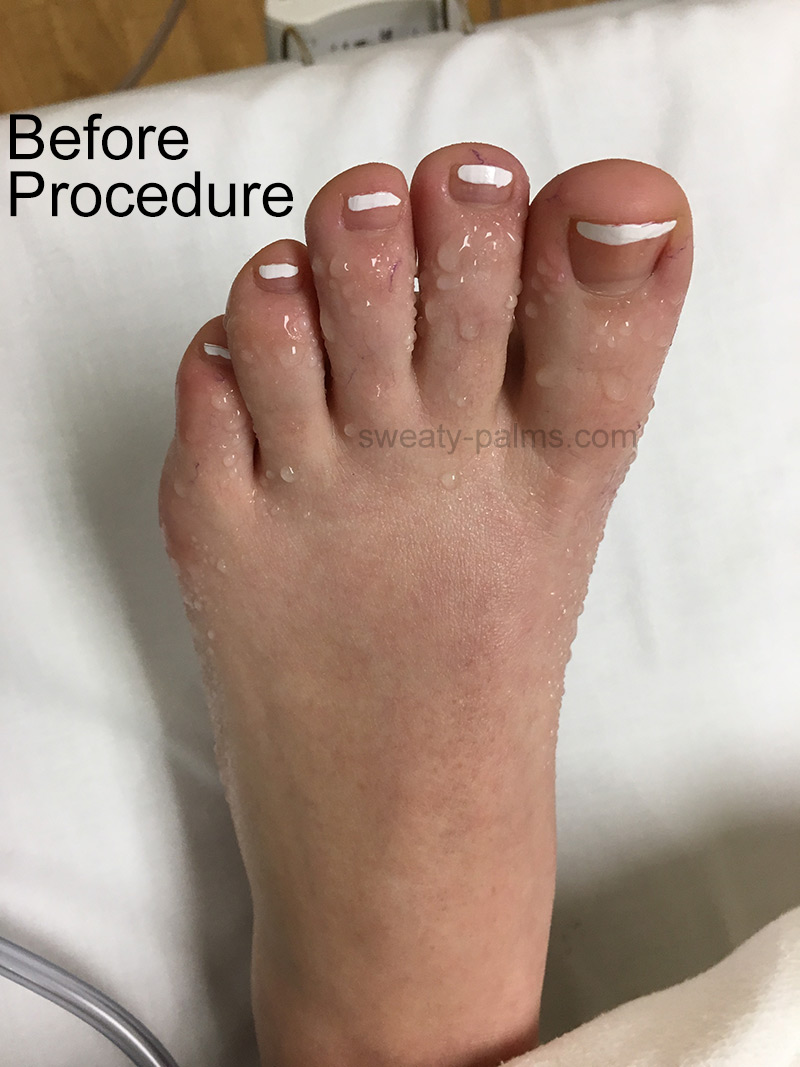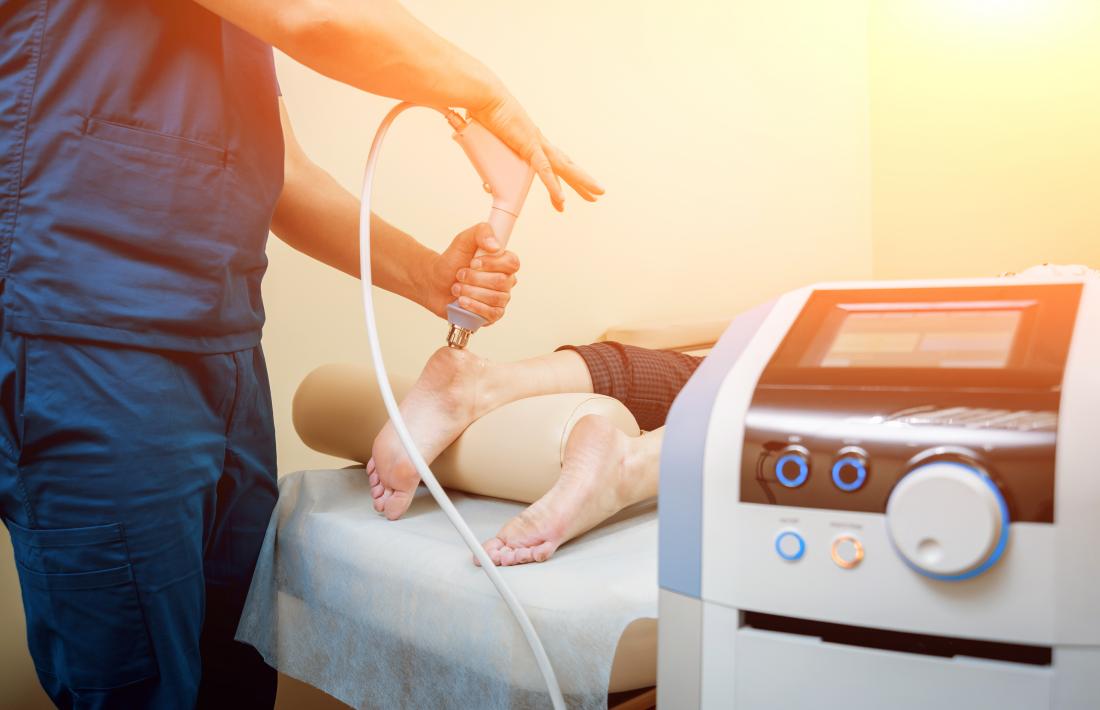Recognizing Excessive Sweating: Dermatology Insights on How to Stop Sweaty Hands
Recognizing the Origin of Excessive Sweating and Its Influence On Daily Life
Extreme sweating, likewise called hyperhidrosis, is a condition that affects a considerable section of the population, yet its underlying causes and implications on daily operating continue to be somewhat enigmatic. While it is frequently recognized as a physical reaction to control body temperature level, the triggers for too much sweating can differ commonly amongst individuals, encompassing not only physical elements but mental and also emotional elements. The effect of this condition prolongs beyond plain pain, usually affecting social communications and overall top quality of life. By delving into the source of hyperhidrosis and discovering its multifaceted results, a deeper understanding of this prevalent issue can be gained, dropping light on the complexities that people facing extreme sweating browse each day.
Physiology of Sweat Glands
The law of sweat production, an essential physical process, is mostly regulated by the activity of gland distributed across the human body. Gland are categorized right into two primary types: eccrine and apocrine glands. Eccrine glands are one of the most various and are discovered in mostly all areas of the body. They play an important function in thermoregulation by producing a watery liquid onto the skin's surface area, which helps and evaporates cool down the body down. In contrast, apocrine glands are concentrated in locations abundant in hair roots, such as the armpits and groin, and their secretions are thicker and milky in appearance.
When the body temperature level climbs, either due to physical activity, heats, or psychological anxiety, the nerves activates the gland to produce sweat. This sweat is composed primarily of water and electrolytes like salt and chloride. The process of sweat production is vital for preserving the body's inner temperature level within a narrow, optimum array, highlighting the critical role sweat glands play in human physiology.
Triggers for Excessive Sweating
In understanding the root triggers of excessive sweating, it is vital to recognize the triggers that can lead to this physiological feedback. Physical exertion, high temperatures, and spicy foods are likewise understood to cause too much sweating in individuals vulnerable to this problem.
In addition, drugs such as some antidepressants, opioids, and particular supplements can also serve as triggers for hyperhidrosis. Recognizing these triggers is important in handling extreme sweating efficiently - How to stop sweaty hands. By determining and addressing the particular triggers that motivate excessive sweating in an individual, doctor can develop individualized treatment plans to ease this problem and improve the person's lifestyle
Medical Conditions Associated
Connected with excessive sweating are various medical problems that can intensify this physical feedback. One typical problem is hyperhidrosis, a disorder defined by unusually enhanced sweating that surpasses the body's thermoregulatory demands. This can materialize in focal areas like the palms, soles, underarms, or face, impacting an individual's top quality of life due to social shame and pain.
Additionally, endocrine disorders such as hyperthyroidism, diabetes mellitus, and menopausal warm flashes can additionally lead to excessive sweating. Hyperthyroidism creates an overproduction of thyroid hormonal agents, increasing metabolic process and setting off sweating.
Additionally, infections like hiv, endocarditis, and tuberculosis have actually been connected with night sweats, a common symptom understood to interfere with rest and influence total well-being. These medical conditions highlight the varied series of underlying elements that can contribute to extreme sweating, demanding extensive assessment and administration by medical care experts.
Psychological and Psychological Factors

Influence On Social Communications
Excessive sweating can have extensive results on an individual's capability to engage easily in social interactions. The visible indicators of sweat spots or wet spots on garments can cause shame and self-consciousness, causing people to take out from social circumstances. This withdrawal can influence partnerships, limit social tasks, and hinder expert and personal development.

Additionally, the anxiousness and self-worth concerns originating from too much sweating can impact interaction and social skills. People may struggle to concentrate on discussions, join team tasks, or share themselves with confidence. This can lead to feelings of seclusion and loneliness, as social links come to be testing to maintain.
Verdict

While it is frequently understood as a physiological action to manage body temperature level, the triggers for extreme sweating can differ commonly among individuals, encompassing not just physical factors yet emotional and likewise emotional elements. By delving right into the origin triggers of hyperhidrosis and exploring its diverse effects, a deeper understanding of this prevalent problem can be gained, losing light on the intricacies that individuals grappling with look at this website excessive sweating browse on an everyday basis.
Physical exertion, high temperatures, and spicy foods are also understood to set off excessive sweating in people vulnerable to this problem. By identifying and dealing with the certain triggers that motivate extreme sweating in a private, healthcare suppliers can establish customized treatment strategies to relieve this problem and improve the person's these details top quality of life.
Extreme sweating can have profound results on a person's ability to involve easily in social interactions.